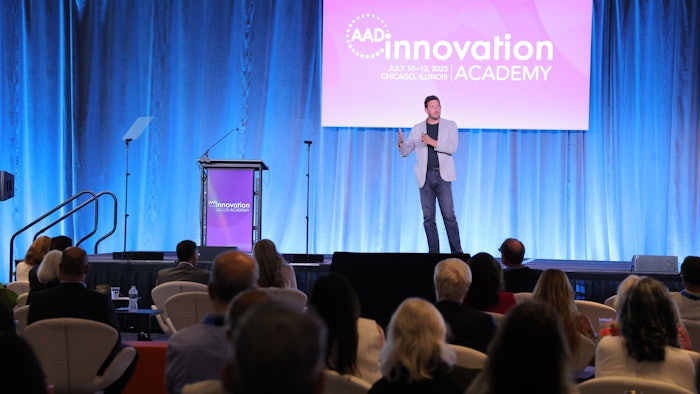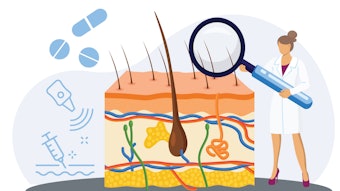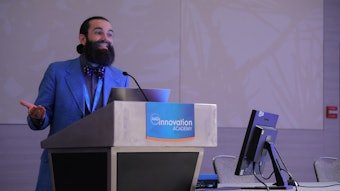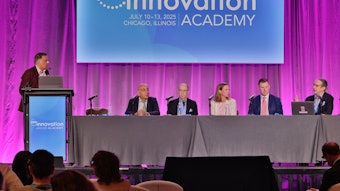Embracing transformation and restoring the heart of health care
Innovation Academy keynote speaker Zack Kass illustrates the power and potential of AI in health care.

Ahead of his keynote address Thursday, futurist Zack Kass spoke with DermWorld Meeting News. In this exclusive interview, as well as during his presentation, Kass shared his perspective regarding health care and the evolution of technology.
“The greatest implication of artificial intelligence [AI] is its ability to expand human potential and allow us to overcome humanity’s most pressing challenges. Specifically, AI will give way to unmetered intelligence — an unlimited and affordable, if not free, source of knowledge for us to deploy,” Kass told DermWorld Meeting News. “For dermatology and health care, access to unlimited computational power means the opportunity to automate routine tasks and profoundly elevate the quality and efficiency of care.”
Kass, who was head of Go To Market at OpenAI and has more than 15 years of experience, brings a unique perspective to the topic of AI in health care. Read more about his optimistic outlook below.
DermWorld: What do you think are the biggest transformations AI can have on the health care industry?
Kass: AI significantly transforms health care by reducing physician burnout through the automation of repetitive administrative tasks, improving diagnostic accuracy through enhanced imaging analytics, and facilitating predictive analytics for proactive patient care. AI also democratizes health care by making specialist knowledge more broadly accessible, which is especially beneficial in dermatology where visual assessment is crucial.
 Zack Kass
Zack Kass
Growing up with two parents deeply involved in health care has profoundly influenced my perspective. Their firsthand experiences emphasized the dedication required in medicine and persistent systemic inefficiencies. I also learned the crucial role of bedside manner. Particularly as technology begins to standardize treatment plans, the personal connection and the way doctors make patients feel become paramount. This reinforced my belief in AI’s critical role in reducing administrative burdens, thus allowing health care professionals to focus more on patient interactions and clinical excellence.
How do you think AI can help physician practice and bedside manner?
AI-powered scribe tools and documentation assistants are already significantly enhancing physician practice and bedside manner. Various technologic platforms allow doctors to interact more effectively with patients, saving valuable hours each day and restoring meaningful face-to-face engagement.
From your point of view, what are the key concerns of AI in health care and how can these be adequately addressed?
The primary concerns regarding AI in health care include patient data privacy, potential biases in AI models, and the risk of overreliance on technology. Addressing these effectively requires rigorous transparency standards, continuous education for health care professionals, and inclusive model development practices.
There have already been studies to test the performance of AI models, including ChatGPT, against human health care professionals. In many cases, the AI model is quicker, more accurate, and requires less data to reach a response. What does this mean for individuals who work in health care or are looking to enter the workforce?
The proven speed, accuracy, and efficiency of AI models like ChatGPT suggest a transformative shift in health care roles rather than replacing clinicians. Health care professionals will increasingly focus on interpretative and empathetic aspects of patient care, using AI as an assistant to enhance decision-making and streamline routine diagnostics. Those entering health care should prepare for an integrated future, combining technologic proficiency with traditional medical skills.
How will the integration of AI models into health care impact patients or consumers?
For patients and consumers, integrating AI into health care represents a revitalization of a system in critical need of change. AI-driven tools can improve patient access, deliver personalized care, and enhance the overall patient experience by enabling deeper engagement with health care professionals. Ultimately, this transformation will foster a more efficient and patient-centric health care environment that is extremely needed right now.











